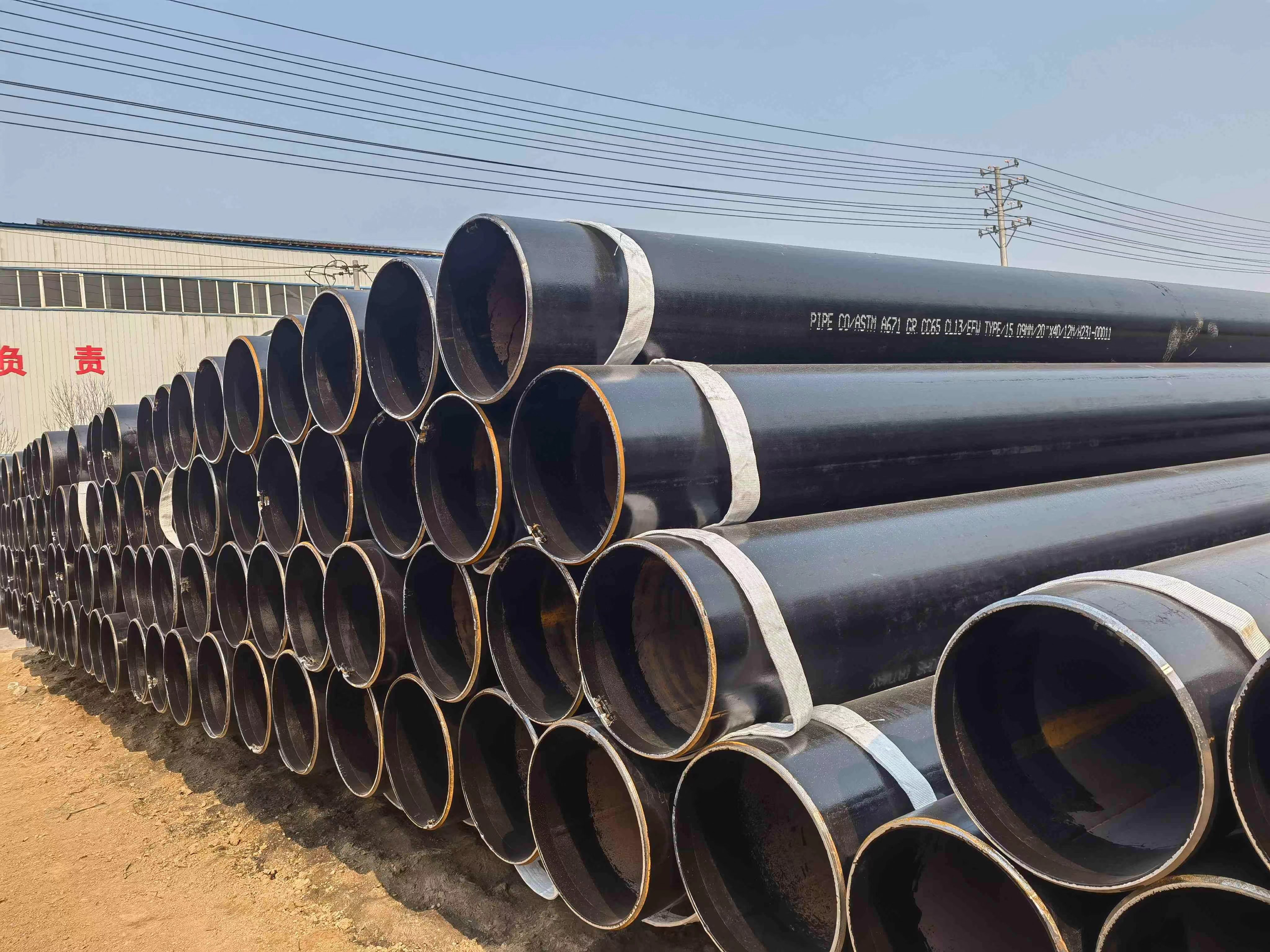জুলাই . 29, 2024 02:42 Back to list
Wholesale LSAW Spiral Steel Pipes from Leading Manufacturers for Your Industrial Needs
Understanding Wholesale LSAW Spiral Steel Pipe Manufacturing
In today's industrial landscape, the demand for robust and versatile materials is paramount. Among these materials, LSAW (Longitudinal Submerged Arc Welded) spiral steel pipes stand out for their strength, durability, and various applications in construction, infrastructure, and oil and gas sectors. This article provides an overview of the wholesale LSAW spiral steel pipe factory process, highlighting its significance, advantages, and market dynamics.
What is LSAW Spiral Steel Pipe?
LSAW spiral steel pipes are manufactured through a unique welding technique that involves the spiral formation of steel plates. These plates are welded along their length using submerged arc welding processes, resulting in a pipe that exhibits high strength and excellent dimensional accuracy. This method allows for the production of large-diameter pipes required for transporting fluids such as oil, gas, and water over long distances.
Manufacturing Process
The manufacturing of LSAW spiral steel pipes involves several stages. The first step includes the selection of high-quality steel plates, which are pivotal in ensuring the final product meets required standards. The plates are then preprocessed they are cut, heated, and bent into a spiral shape using specialized machinery.
Once the plates are formed into a spiral configuration, they undergo the submerged arc welding process. This method not only provides strong weld seams but also ensures minimal distortion, a common issue in traditional welding methods. After welding, the pipes are subjected to rigorous testing, including non-destructive testing (NDT), to check for weaknesses or defects. This quality assurance stage is crucial, as it guarantees that the pipes meet industry specifications and can withstand the pressures of their operating environments.
Advantages of LSAW Spiral Steel Pipes
1. High Strength and Durability The welding technique used in LSAW ensures that the pipes possess superior strength characteristics, making them suitable for high-pressure applications.
wholesale lsaw spiral steel pipe factory

2. Large Diameter Availability LSAW pipes can be produced in a variety of diameters and wall thicknesses, which is essential for different industrial applications.
3. Cost-Effectiveness The efficiency in manufacturing and the ability to produce long pipes reduce welding costs and material waste, making LSAW spiral pipes a cost-effective option for buyers.
4. Versatility These pipes can be used in a wide range of applications, from the oil and gas industry to water supply systems and structural applications.
Market Dynamics
The global market for LSAW spiral steel pipes is witnessing significant growth, driven by increasing energy demand and ongoing infrastructure projects worldwide. Key players in the market are focusing on expanding their production capacities and investing in advanced technologies to enhance efficiency and product quality. The trend towards sustainable manufacturing processes is also shaping factory operations, with many manufacturers adopting eco-friendly practices to reduce their carbon footprint.
Moreover, trade policies and tariffs can influence the wholesale market. Manufacturers often face challenges related to supply chain disruptions, which have been evidenced by recent global events. Therefore, maintaining a robust supply chain and building relationships with suppliers and customers are critical for operational success in this sector.
Conclusion
Wholesale LSAW spiral steel pipe factories play a crucial role in meeting the demands of various industries worldwide. Their commitment to quality, technological advancements, and adaptability to market needs ensure that LSAW pipes remain integral to modern infrastructure development. As the market continues to evolve, the focus on sustainability and efficiency will further define the future of spiral steel pipe manufacturing. For companies in need of reliable piping solutions, understanding the benefits and manufacturing processes of LSAW pipes is essential for informed decision-making.
-
High Quality Mild Steel Pipe Manufacturers in China for Exporting Premium Industrial Solutions
NewsAug.01,2024
-
Exploring Key Characteristics of Wholesale API Steel Pipes for Your Business Needs
NewsAug.01,2024
-
Current Wholesale Prices for ERW Steel Pipes in the Market Right Now
NewsAug.01,2024
-
Exploring the Diverse Applications and Benefits of China Round Steel Pipes in Construction and Industry
NewsAug.01,2024
-
Top Quality API 5L ERW Steel Pipe Manufacturer Offering Reliable and Durable Solutions for Your Needs
NewsAug.01,2024
-
Reliable Supplier of Premium Quality Concrete Pipes for Durable Construction Projects
NewsAug.01,2024